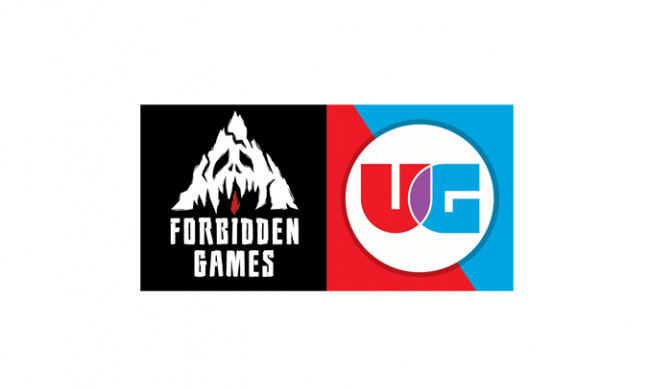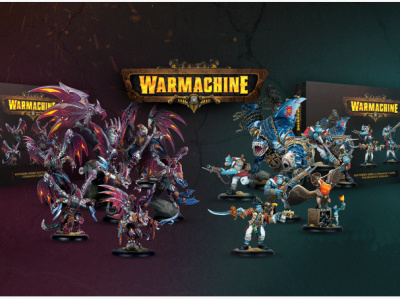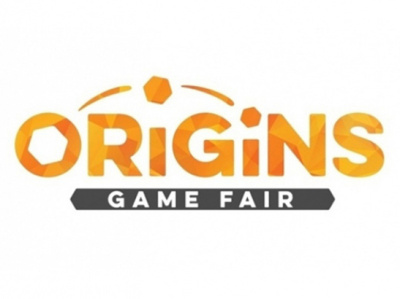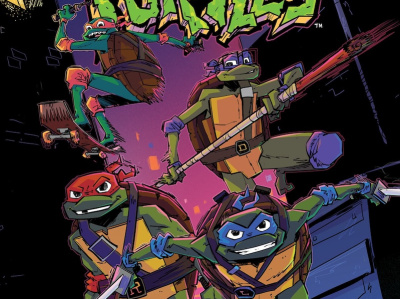Near-simultaneous lawsuits filed in federal court by University Games and Forbidden Games in late October describe an acquisition gone bad, with dueling allegations of fraud, breach of contract, and other prohibited actions. The transaction, an asset purchase agreement selling Forbidden Games assets to University Games, took place in April 2022 at a $2 million base price, with an additional $1 million in performance payments if certain benchmarks were met. In the deal, Forbidden Games CEO Glenn Drover also became the Vice President of Strategy Games at University Games, and other members of the Forbidden Games team went to work for the acquiring company. Drover has since resigned from his position at University Games; Drover is under a three-year non-compete, so his resignation severely limits his opportunities.
University Games filed first, on October 30, alleging (in part) that Drover and Forbidden Games had damaged Forbidden Games by “failing to transfer the assets and intellectual property as required by the contract, failing to transfer monetary proceeds to UGC’s account, refusing to work with UGC under the terms the parties had negotiated,… violating University Games procedures and policies, interfering with the development and launch of UGC games,… and claiming that intellectual property Drover and Forbidden Games had transferred to UGC actually belongs to Drover.”
The University Games suit requests that the court issue a declaration that the intellectual property in the asset purchase agreement belongs to University Games; order Drover and Forbidden Games to complete the intellectual and other property transfers in the agreement; enjoin Forbidden Games from using assets in the agreement; damages in excess of $75,000; restitution of “unjust enrichment;” interest; and fees.
Forbidden Games and Drover filed against University Games on October 31, a day after the University Games suit, with a complex complaint on which work was likely started significantly before the lawsuit by University Games was filed.
The complaint alleges that University Games, once the asset sale was complete, promoted their games over Forbidden Games titles, slashed the Forbidden Games' marketing budget, and thwarted efforts to market their games at trade shows in order to avoid paying the additional $1 million performance-based acquisition price. Drover also alleged that Moog “humiliated and undermined Mr. Drover and his colleagues in various work meetings on a frequent basis,” creating a hostile work environment for the employees that had come over from Forbidden to University, and “especially for female employees.”
Drover and Forbidden Games are seeking “compensatory and punitive damages, and attorney’s fees for Defendants’ fraud, breach of the APA [asset purchase agreement], wrongful constructive termination, and retaliation; restitution for a game Mr. Drover developed for University Games on the false promise of payment” (Faeries, see “University Games Unleashes Faeries”); “as well as a declaration and injunctive relief barring enforcement of the non-compete agreement.”
The scale of the mutual allegations portends a lengthy discovery process (if the suit isn’t settled before then), as the two sides attempt to gather proof of the claims in their suits.








